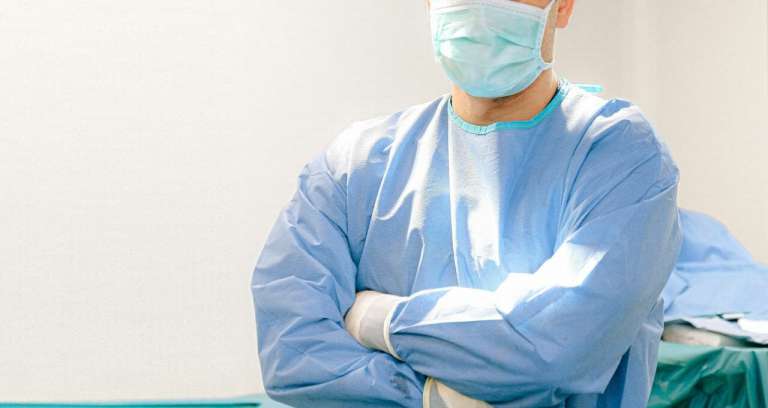An NHS staff survey found that doctors and nurses are still being bullied by managers if they raise concerns about safety in their services. More than a quarter of those surveyed told the NHS that they felt their hospital was not doing enough to learn from previous serious mistakes and near misses and therefore could be doing more to learn from mistakes.
Of the 299,000 NHS staff surveyed, 11% said care of patients was not the hospital’s top priority. Another 11% said they were not confident raising concerns about unsafe care, and a further 11% said they were encouraged not to report mistakes.
Following the review into the the Mid Staffordshire scandal last year, there were calls for better training and for staff, and ‘safety’ guardians to be employed in every hospital.
Ministers have promised to help overhaul the culture of secrecy in the NHS and make it easier for whistle-blowers to raise their concerns.
However, Gary Walker, who was sacked as chief executive of United Lincolnshire Hospitals NHS Trust after raising concerns that patients were dying, told The Daily Mail: “Nothing practical has been done to make if safe for staff to raise concerns without fear of reprisal. Health Secretary Jeremy Hunt promised to re-employ sacked whistle-blowers and not one has been. This culture is unsafe for staff and patients and it’s time Jeremy Hunt kept his promises.”
Simon Stevens, chief executive of NHS England, claimed the health service was gradually becoming a ‘more supportive employer’.
Recently a junior doctor who raised concerns about staffing levels claimed it has ruined his career.
Dr Chris Day was working a night shift in January, when two locum doctors failed to show up, leaving him to cover their wards and A&E.
Since his one-year placement at Queen Elizabeth hospital in Woolwich ended, he has been unable to find permanent work.
Dr Day told the London Evening Standard: “What my litigation has uncovered is that these quite powerful functions are not governed by any kind of employment legislation. They’ve tried to prevent a whistle blowing court case happening by trying to say junior doctors don’t have whistle blowing protection”.
He is now awaiting a ruling from an employment tribunal after bring a claim of unfair dismissal and whistle blowing detriment against Health Education England (HEE) and Lewisham Greenwich NHS Trusts.
Lewisham and Greenwich NHS Trust denied failing whistle-blowers and said: “We investigated Dr Day’s concerns in detail. We have robust procedures to support staff who raise concerns and we encourage our staff to speak out when concerns arise. We identified the need to increase medical staffing numbers for the intensive care unit at Queen Elizabeth hospital. The unit is now fully compliant with quality standards.”
Health Secretary Jeremy Hunt has imposed legislation, which will be introduced in the next few weeks, that protects whistle-blowers from discrimination.





